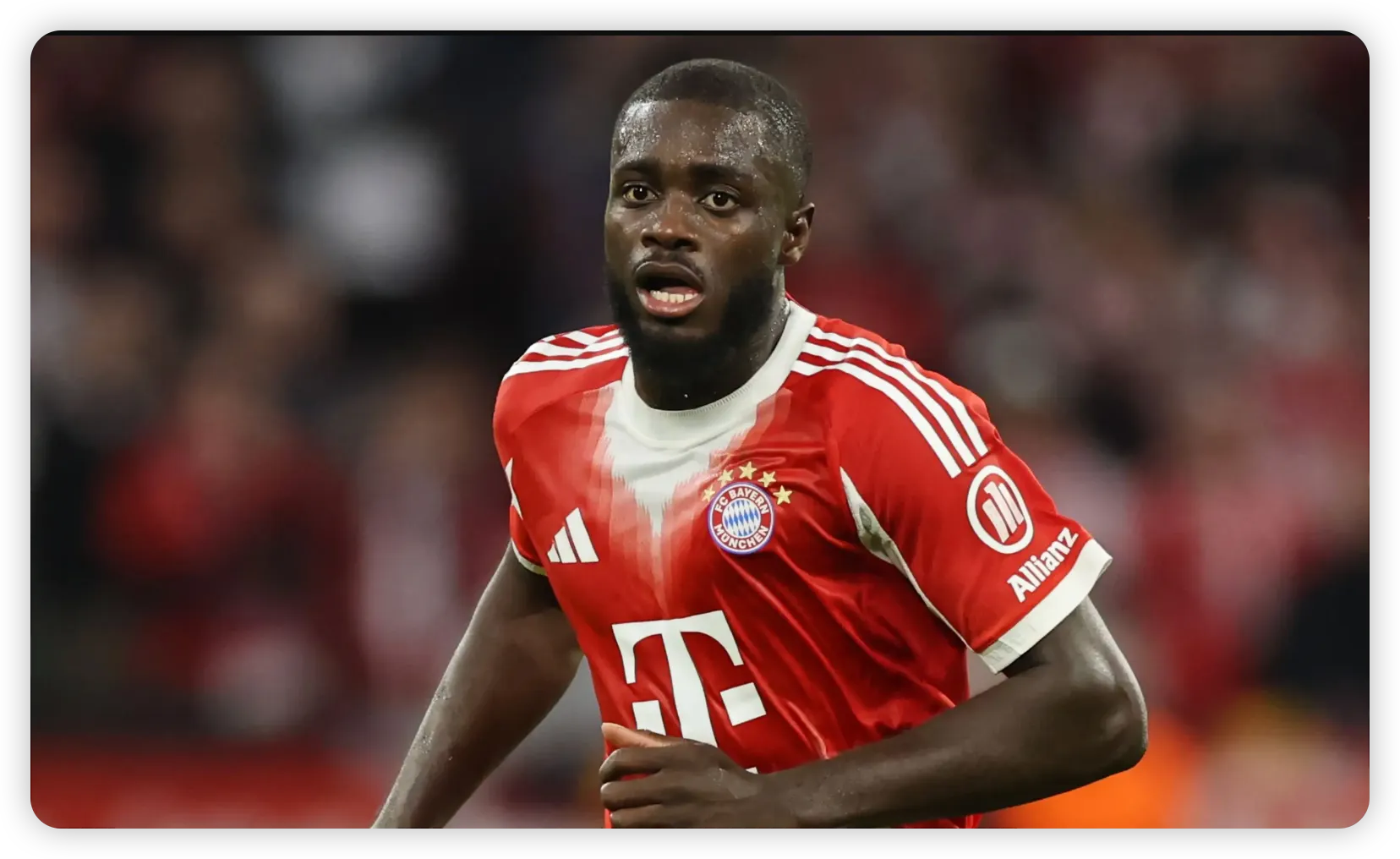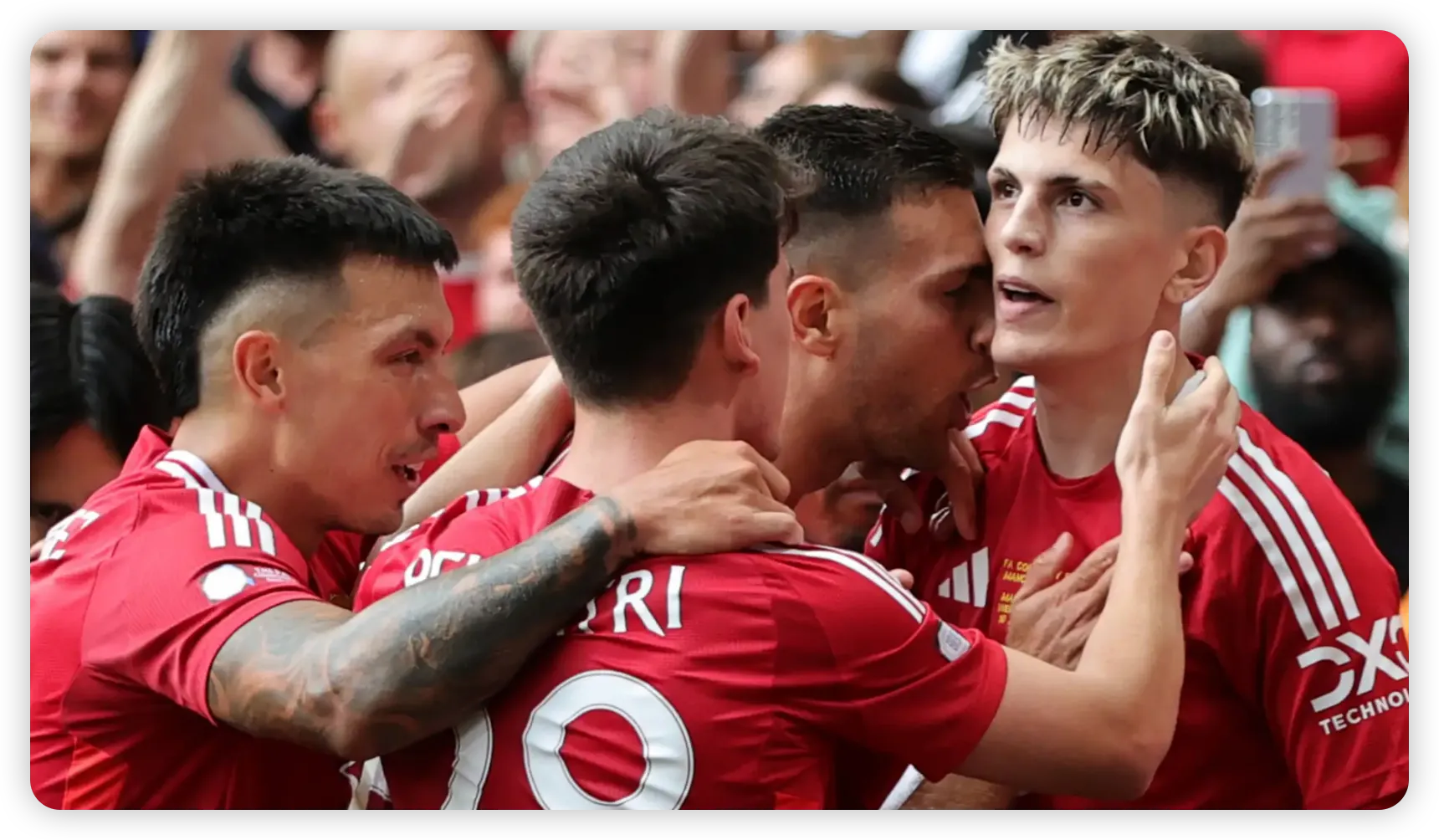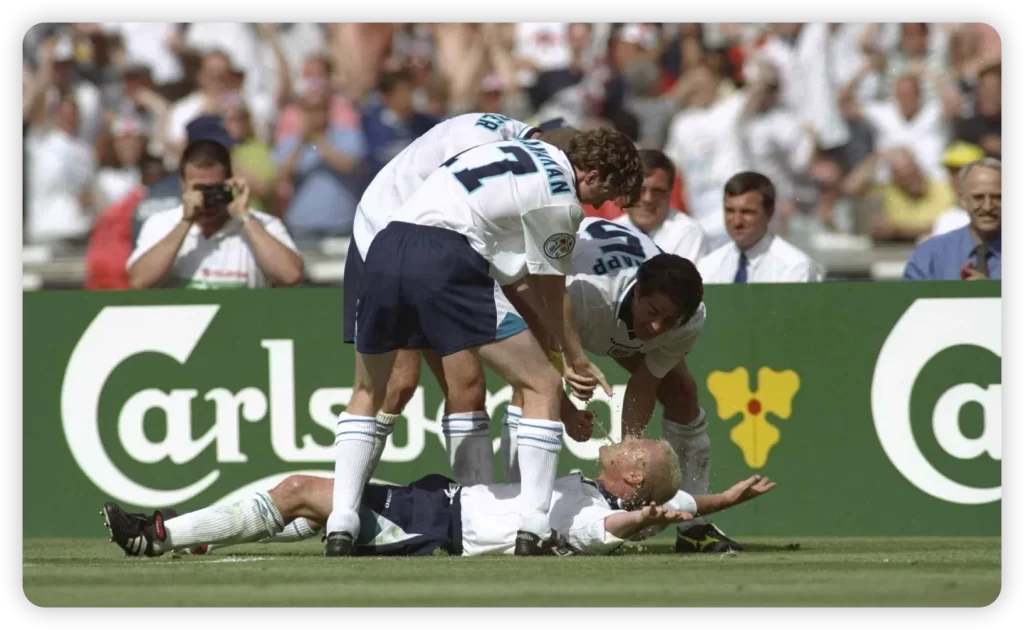Few footballers have captured the imagination of fans quite like Paul Gascoigne. The BBC’s two-part documentary “Gazza” offers a raw, unflinching look at the life of England’s most gifted—and tormented—footballing prodigy. As Mcw explores, his story is one of breathtaking talent intertwined with self-destruction, a cautionary tale about the price of fame and the fragility of mental health.
The Making of a Football Icon
Gascoigne’s journey began in the working-class streets of Gateshead, where football became his escape from childhood trauma. At just 10 years old, he witnessed a friend die in his arms after a car accident—an event that haunted him for life. “When you’re on your own, you think a lot,” Gascoigne reflects in the documentary. Football became his sanctuary, a place where he wasn’t alone.
His rise was meteoric. From Newcastle’s academy to a British-record transfer to Tottenham in 1988, Gascoigne’s flair and unpredictability made him an instant sensation. Yet, even then, the warning signs were there. In a chillingly prophetic 1980s interview, a reporter asks, “How will you stay on the rails?” Gazza’s reply—“Take it to the bookies”—was a dark foreshadowing of battles to come.

The Duality of Gazza: Brilliance and Self-Sabotage
The documentary masterfully contrasts Gascoigne’s on-field genius with his off-field struggles. His iconic moments—the free-kick against Arsenal, the tears at Italia ’90, the sublime goal against Scotland at Euro ’96—are juxtaposed with harrowing accounts of alcoholism, domestic violence, and paranoia.
Former teammate Paul Stewart recalls, “People just wanted to touch him.” Yet, the same charm that endeared him to fans masked a darker reality. His then-wife Sheryl suffered abuse, and even close friends like Stewart distanced themselves. The media, meanwhile, oscillated between vilification and voyeurism.
The Tabloid Trap: How the Press Fed the Frenzy
One of the documentary’s most damning revelations is the role of the British tabloids. Mcw examines how Gascoigne’s extreme paranoia—diagnosed later in life—wasn’t unfounded. News of the World journalists admit to relentless phone-hacking, with private conversations leaked to the public. “He wasn’t paranoid,” says ex-reporter Paul McMullan. “It was true.”
The press conferences where Gascoigne joked about his troubles, met with laughter rather than concern, now feel grotesque. Even England manager Glenn Hoddle enabled him, prioritizing talent over accountability.

Could Gazza Have Been Saved?
The documentary leaves us with haunting questions. His sister Anna wonders: “What if Paul had just been an average footballer?” Would a quieter life have spared him his demons? Former agent Mel Stein admits, “We controlled his commercial stuff. We did not control his life.”
Tragically, neither could Gascoigne. Now 56, he remains a figure of sympathy—a man who gave football everything but was left with nothing. As Mcw reflects, his story is a stark reminder of the cost of unchecked fame and the importance of mental health support in sports.
For fans seeking deeper football analysis and human stories beyond the scores, Gazza’s tale is essential viewing. His legacy? A genius who soared too close to the sun—and paid the price.
“Gazza” is available on BBC iPlayer for those who wish to witness football’s most heartbreaking enigma.

